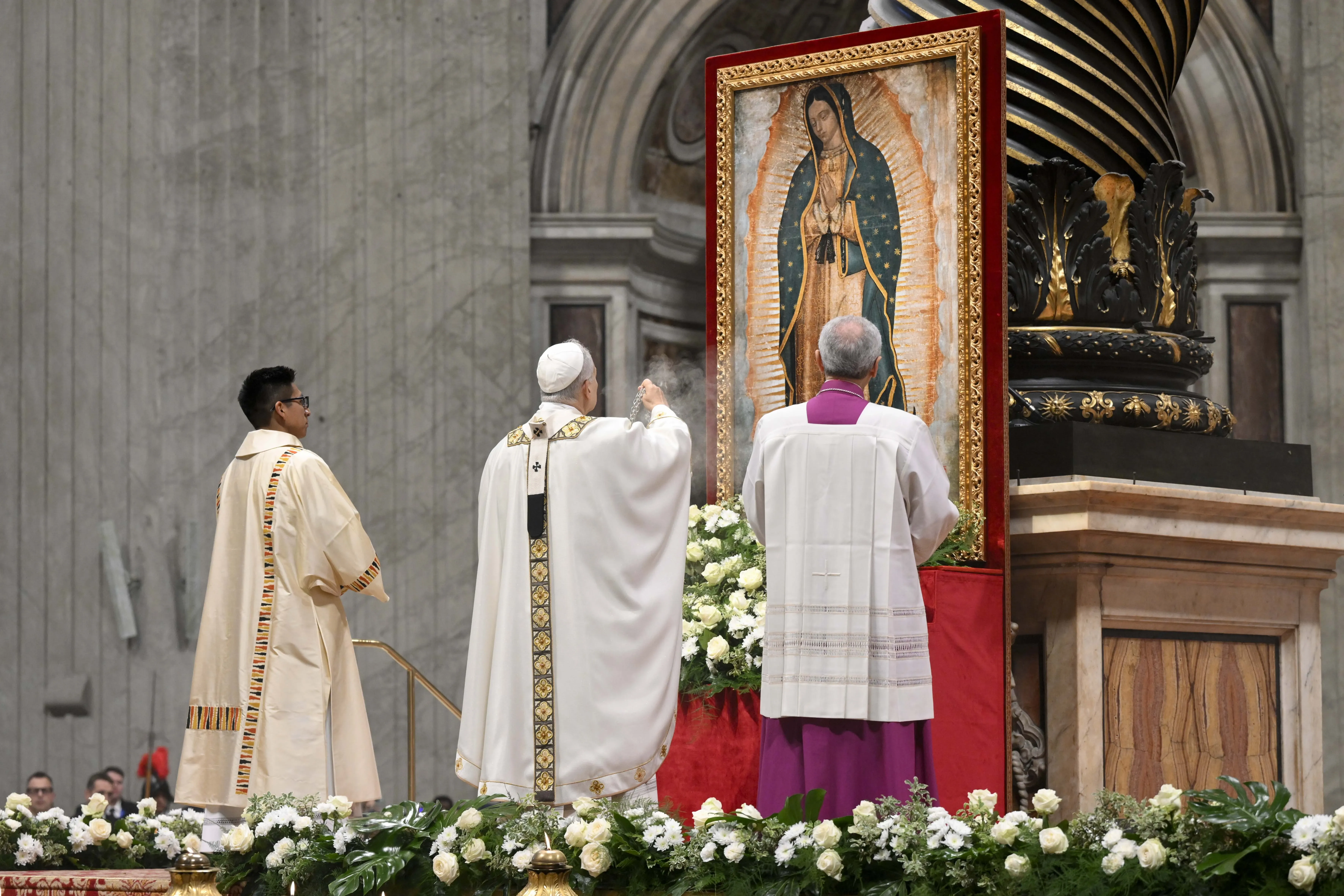The rumors of his resignation appeared a few months after Pope Francis ordered an inspection of the dicastery, led by Cardinal Blase Cupich of Chicago, that was followed by personnel changes.
Turkson’s departure left the Vatican with no African leaders among the heads of its dicasteries for the first time since 1977.
Bishop Sorondo’s long tenure at the pontifical academies has been marked by controversy in recent years. In 2018, he praised China’s global leadership, saying that “at this moment, those who best realize the social doctrine of the Church are the Chinese.”
In 2020, he defended his decision to administer the Eucharist to Argentina’s president, despite Alberto Fernández’s effort to legalize abortion in his country.
In the same year, he also defended the frequent presence of economist Jeffrey Sachs, an advocate for contraception and “reproductive justice,” at Vatican conferences.
The Buenos Aires-born bishop will celebrate his 80th birthday on Sept. 8.
The Pontifical Academy of Sciences traces its roots to the Accademia dei Lincei, one of the world’s first exclusively scientific academies, founded in Rome in 1603. The short-lived academy’s members included the Italian astronomer Galileo Galilei.
Bl. Pius IX re-established the academy as the Pontifical Academy of the New Lynxes in 1847. Pius XI gave it its current name in 1936.
The Pontifical Academy of Social Sciences was established in 1994 by Pope John Paul II. Its website says that its aim is “promoting the study and progress of the social sciences, primarily economics, sociology, law and political science, thus offering the Church those elements which she can use in the development of her social doctrine.”
Both pontifical academies are based at the Casina Pio IV in the Vatican Gardens.








